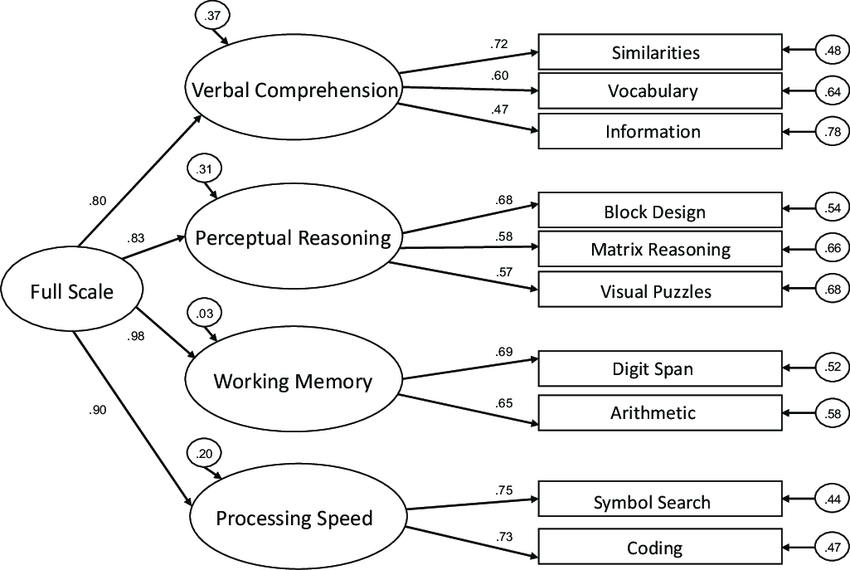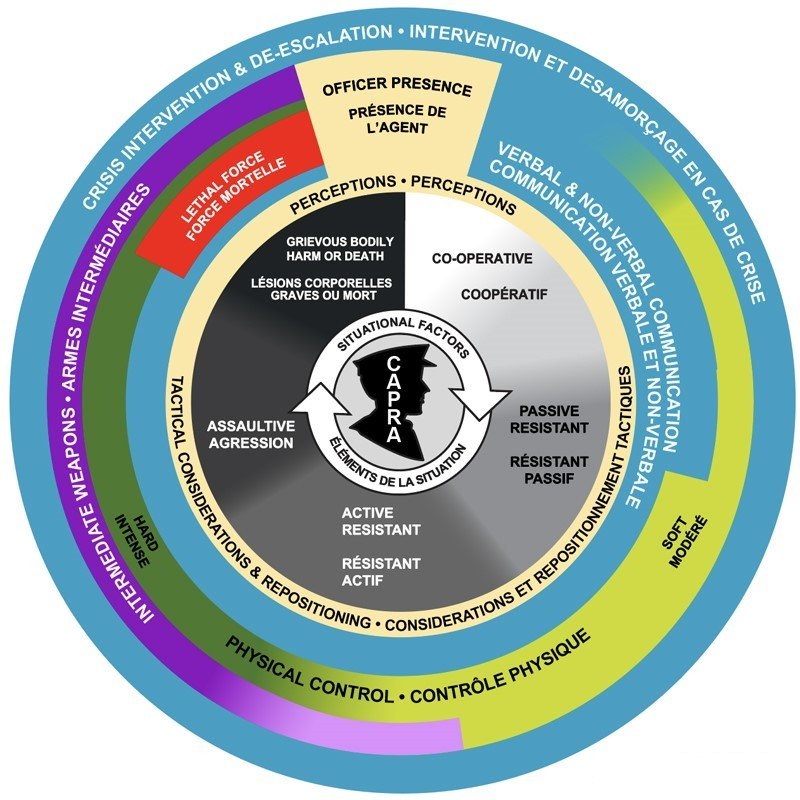i watched this amazing video about food racism from this youtuber i love... i think i heard about them on hexbear, atcually. It's got a lot of interesting, twisted, haunting, and occasionally hilarious history and analysis on food racism.
very_poggers_gay
From SPK (Sozialistisches Patienten Kollektiv)'s "Turn Illness into a Weapon":
Yeah, oof. As someone training to be a therapist these threads pain me. Parts of me want to be like "not all therapists!", then I remember that I am constantly hurt, disturbed, and alienated by things my supervisors say and do. Even I have never really had a counsellor, therapist, or psychiatrist that I didn't eventually hate 
I still believe good therapists and good therapies exist, but they are so few and far between. Most therapists are eager to round off people's edges with the (explicit or implicit) goal of conforming to neurotypical standards. I think there are real benefits to cognitive-behavioural approaches, which focus on shaping maladaptive/problematic/negative thoughts and behaviours - but these are not universal. I have more hope for the value-driven, person-centered kinds of care where a therapist can help someone find meaning, satisfaction, and joy in their life by helping them put their personal values into action.
I have no choice but to convince myself that I (and the other amazing, radical people I know and look up to) can make better care a reality, because the alternative is too grim. 
Yeah, for sure! I can info-dump for ages, but I'll try to be brief.
Generally, "intelligence" or "IQ" refers to someone's ability to think about and solve different kinds of abstract problems. The "IQ" that is the focus of most people's criticism is the "Full-Scale Intelligence Quotient" that a test might produce. This is a single score based on someone's performance on like 10 or more different tasks on an intelligence test. Here's a breakdown of the standard intelligence test for adults:

The squares on the right side are the names of specific tasks, and they are designed to capture different kinds of cognitive functions:
- "Verbal Comprehension" is about solving problems with words;
- "Perceptual Reasoning" is about solving problems with visual and spatial information;
- "Working Memory" is about efficiently learning and remembering things;
- "Processing Speed" is about quickly solving simple problems.
The four scores that capture someone's performance on these different areas are almost universally more important and useful than someone's FSIQ, which has them all lumped together. Sometimes, the FSIQ is the simplest way to communicate someone's overall ability to solve problems with their mind. Other times, we don't even report the FSIQ, because there is enough difference between the four areas that the FSIQ isn't actually useful. In contrast, it is always important to look at the composite scores for the different areas, so we can more precisely describe someone's strengths and weaknesses, like if they are better or worse at solving visual/spatial problems than verbal problems; how quickly or efficiently they can process information; how easily can they remember new information; etc. ... Like, you can have two people with similar FSIQ's, but completely different strengths and weaknesses. One person could have a lower than average FSIQ, but score higher than 99.9% of their peers in a specific area. There's a lot of nuance in intelligence testing that gets lost in the "IQ" discourse.
There's also a lot of confusion about what "average" means, and what makes someone above, below, or within average. One thing that makes the 'real' tests different from others, is that they come with a normative sample, meaning the test manufacturer has enough testing data from people of all ages to estimate the average scores for specific age groups. There are important limits to these comparisons though, for example, when assessing people with different ethnic/racial backgrounds and, ironically, neurodivergent people.
When someone gets an IQ score between 85 and 115, that means they are in the average range for their age group. Children and youth are typically grouped by each 1-2 years of age; Adults are grouped by 5-10 years. The average range is also surprisingly large, accounting for 50% or even 68% of people. People have to score a lot higher or lower than the exact average to be considered actually above or below average.
Nowadays, scores from an IQ test are best for describing someone's strengths and weaknesses, and for personalizing supports and recommendations. Measuring intelligence is like half the criteria for diagnosing intellectual disabilities (the second half is about how independently someone can manage everyday living). The diagnostic criteria for specific learning disorders (e.g., difficulties with reading, writing, and/or math) no longer requires intelligence testing, but it is helpful for the descriptive/explanatory piece I mentioned above.
I guess at the core of it, I think there is a cultural issue with "IQ" that psychologists need to do more to address. "Intelligence", as psychologists understand it, is very different than the "intelligence" discussed outside of academia and psychology clinics. For psychologists, intelligence is a very real, meaningful, albeit imperfect construct. It took decades for psychologists to agree on what they think "intelligence" is and how they can measure it. Mfers were so desperate they created new statistical methods, like factor analysis, to measure "intelligence". But these methods are now the standard in social sciences. I'd wager that intelligence is the most researched psychological concept, although idk for sure.
I was not really brief, fml.
Yes, the idea and measurement of IQ has many problems, but I think a lot of the discourse around IQ has strayed very far from its current uses and implications. Sadly, almost every conversation I see about it features some kind of misunderstandings or misinformation.
Also, the statistics behind modern IQ scores are very strong, arguably stronger than almost any psychological measure. Though it helps that there’s a m/billion-dollar industry built around developing and standardizing assessments for things like intelligence, academics, learning and memory, and more.
the fucking eagle 
Here in klanada, this is the framework police are taught for using force:

Note that that as soon as someone is perceived as passively resisting an officer (i.e., not doing everything they're told) that "soft" physical control is an option. But what is "soft" physical control? Well, according to the pigs, soft physical control includes hand-cuffing someone, using pressure points or joint locks, "soft takedowns", open hand strikes/"soft" strikes, and various "soft control" techniques. God forbid you actively resist their "soft physical control", like blocking their "soft" strikes (which are totally not hard strikes!!!) or tensing up when they try using pressure points, then they can use the "hard" physical controls on you!
Their training dictates that they can begin beating someone if this person doesn't comply with what they're told. The slightest bit of resistance - whether intentional or not - can be used to justify hitting you, tackling you, cuffing you, and/or more - softly, of course. And conveniently, there are different standards for reporting "soft" and "hard" physical control. Officers don't need to report using "soft" takedowns and strikes, but they are required to report "hard" takedowns and strikes.

is grayzone good or bad? i see them getting shit on by libs but i also remember them reporting on israel using the Hannibal directive on October 7th in October which was based as hell
In May, the Canadian feds announced that they were increasing the value for national scholarships for graduate students. This was big news, because these scholarships are what most graduate students in Canada use to fund their master's, phd',s and post-docs, and they had not changed the dollar amount since 2003. Because rent had tripled and tuition more than doubled, plus other costs of living blowing the fuck up for the last 20 years, these awards became wickedly undervalued, and even the high achievers and lucky winners weren't earning enough to exceed Canada's poverty line. I used to joke that half my scholarship went to tuition and the other three quarters went to rent
In May's announcement, they said the increase would apply to current award holders, but I didn't want to get excited just to be let down if they changed their mind. This week I finally got confirmation that the funding increase applies to the second half of my scholarship, meaning i get a 20k/yr raise for the next 2 years 
a re-preemptive strike, just like their pre-reactive attacks, just like their offensive self-defense missions 
"Kick" is a streaming website started by a gambling company after Twitch restricted gambling content. The most popular streamers on the site are edgy losers.
It's like "X/Twitter in 2024" but livestreams. There's the 'pro-free speech' veneer; lots of far-right politics and pipelining; promoting gambling to children; gamers; and other edgy content brain-rot.

Big ups to Ottawa Pride for their solidarity
Absolutely pathetic and cowardly of other orgs and groups dropping out and discouraging their people from attending